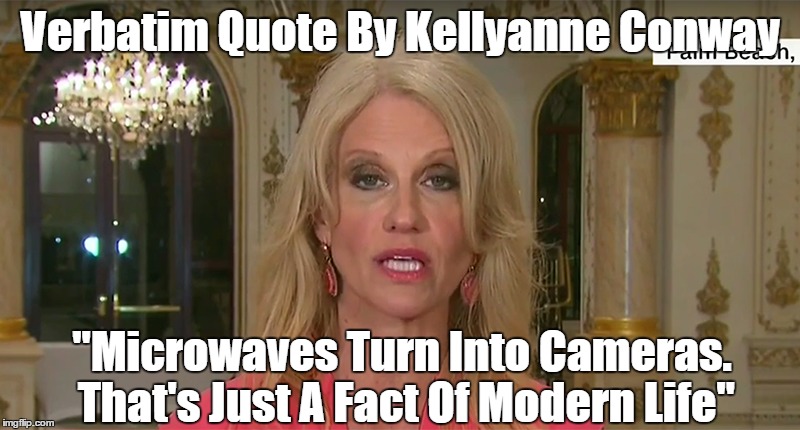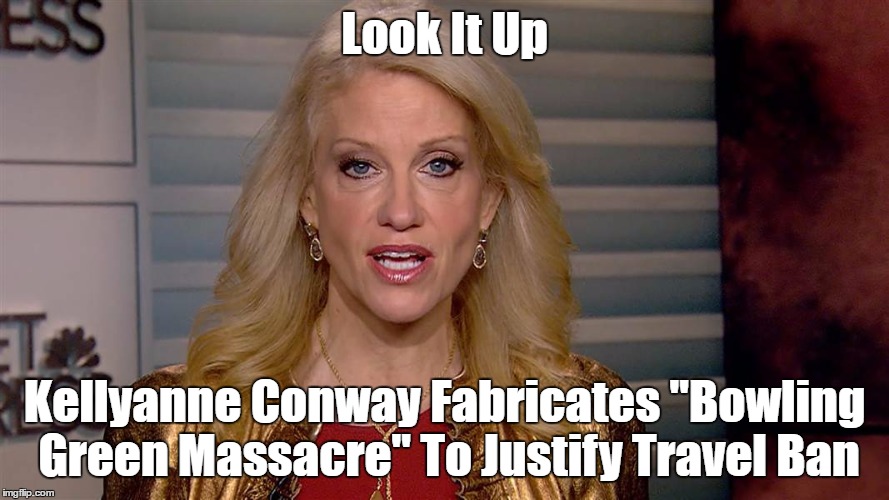March 29 at 5:37 PM
President Trump
boasted this week that the Republican Party will soon be known as “the party of great health care.”
But a growing number of Republicans fear that it risks being tagged as the party of the 1 percent instead — handing Democrats a potent political message as the GOP pushes to gut former president Barack Obama’s health-care law and other popular federal programs, including those that help the poor and people with disabilities.
A spate of policy moves in recent weeks by Republican lawmakers and Trump administration officials has driven the party’s agenda hard to the right, giving new fodder to Democratic
presidential candidates eager to shift the national debate to such issues as health care and jobs ahead of the 2020 election.
The administration’s budget released this month, for example, includes massive rollbacks of programs including Medicare, Medicaid and Social Security Disability Insurance, as well as cuts to the Special Olympics, Meals on Wheels, and programs related to autism and other developmental disabilities.
Trump signaled his misgivings about some of those cuts in recent days —
rescinding a proposal to zero out Special Olympics funding, which had sparked a bipartisan backlash, and promising to protect a cleanup program for the Great Lakes in states that could be crucial to his reelection.
Democrats said the broad efforts by Trump and Republicans to attack programs that aid lower-income and working-class Americans could help blunt the president’s populist appeal and provide voters with more reasons to consider supporting Democratic candidates. The debate bears echoes of Obama’s successful reelection effort in 2012, when Democrats attacked now-Sen. Mitt Romney (R-Utah) as an out-of-touch GOP nominee beholden to the wealthiest Americans.
 Trump, accompanied by Senate Majority Leader Mitch McConnell (R-Ky.), left, and Sen. Roy Blunt (R-Mo.), arrives Tuesday for a Senate Republican luncheon at the U.S. Capitol. (Jose Luis Magana/AP)
Trump, accompanied by Senate Majority Leader Mitch McConnell (R-Ky.), left, and Sen. Roy Blunt (R-Mo.), arrives Tuesday for a Senate Republican luncheon at the U.S. Capitol. (Jose Luis Magana/AP)
On Capitol Hill, “the reaction is: Make my day,”
said Rep. Kurt Schrader (D-Ore). “Democrats swept the midterms based on health care, among other key issues. The president is helping us make our case.”
The policy blitz reflects the deeply conservative agenda at the core of Trump’s administration. It is led by many influential aides and appointees who are unflinching ideologues, even as Trump prefers to call himself a “nationalist” or a businessman with “
common sense.”
Coupled with fallout from the 35-day government shutdown that ended in January and a GOP tax plan that
delivered major benefits to the wealthy, Republicans once again find themselves on the defensive — fending off Democrats who say they’re not just the party of Trump but also of the rich and powerful.
And they face growing questions of empathy on issues including the crush of asylum-seeking families at the southern border and disaster aid to Puerto Rico in the aftermath of Hurricane Maria, which Trump
complainedabout in a private lunch Tuesday with Senate Republicans.
“We’re diving into a wood chipper,” said Trump critic and longtime Republican strategist Mike Murphy. “I guess that’s the plan — being on the wrong side of issues, on top of the head winds we’re facing, with the House Freedom Caucus and Trump’s ego providing our political compass.”
 Democratic presidential candidate Elizabeth Warren, shown campaigning last weekend in Memphis, said Republicans were trying to deprive people of a “basic human right” by cutting health care. (Jim Weber/AP)
Democratic presidential candidate Elizabeth Warren, shown campaigning last weekend in Memphis, said Republicans were trying to deprive people of a “basic human right” by cutting health care. (Jim Weber/AP)
Trump’s move this week to focus on eliminating the Affordable Care Act, commonly known as Obamacare, also served to shift attention away from what the president and his allies viewed as vindication — the attorney general’s conclusion that a special counsel did not establish a criminal conspiracy between Trump’s 2016 campaign and Russia.
“He has a penchant for distracting from the news — good or bad, apparently,” House Majority Leader Steny H. Hoyer (D-Md.) said. “This presidency is the most disorganized that I’ve seen — most self-destructive and most impulsive.”
Republicans’ difficult balancing act on health care and other social programs was epitomized by congressional testimony this week from Education Secretary Betsy DeVos, who forcefully defended her agency’s request to cut billions from the budget. Democrats attacked the plan as heartless and damaging to students who need the most help — particularly a proposal to eliminate $17.6 million in funding for the Special Olympics, which gives people with intellectual disabilities the chance to compete in athletics on a global stage.
Trump’s political team was initially combative on the issue. A spokesman for Trump’s reelection campaign, for example, suggested Thursday that abortion rights supporters cannot be “sincerely concerned” about the Special Olympics because they “see abortion as the cure for Down syndrome.”
But the national outcry about the fate of Special Olympics funding — including among
Republicans such as Sen. Roy Blunt (R-Mo.) — eventually led Trump to back off DeVos’s hard line.
“The Special Olympics will be funded,” Trump told reporters Thursday. “I have overridden my people. We’re funding the Special Olympics.”
Similar Republican divisions flared on health care this week as Trump decided to effectively revive efforts to throttle Obama’s health-care law, which has survived nine years of GOP attempts to kill it even as it has expanded in scope and popularity.
Acting White House chief of staff Mick Mulvaney, a former conservative firebrand in the House,
championed a court filing from the Justice Department on Monday arguing that the law should be thrown out in its entirety — including provisions protecting millions of Americans with preexisting health conditions and allowing young adults to stay on their parents’ plans.
Congressional Republicans, already on edge after seeing Democrats use health care to help win back the House majority, were immediately lukewarm to the move. Although wary of clashing with Trump, many GOP lawmakers don’t see returning to the Affordable Care Act as a smart political play and would rather focus criticism on Medicare-for-all proposals from some leading Democrats.
“Dear GOP: When Democrats are setting themselves ablaze by advocating for the destruction of American health care, try to resist the temptation of asking them to pass the kerosene,” tweeted Josh Holmes, a Republican consultant and former chief of staff to Senate Majority Leader Mitch McConnell (R-Ky.).
House Minority Leader Kevin McCarthy (R-Calif.) privately urged Trump to hold off on trying to destroy Obama’s law through the courts, according to a White House official who spoke on the condition of anonymity because they were not authorized to talk publicly. But the president ignored him and has since been telling Republican lawmakers to come up with a replacement plan.
“If the Supreme Court rules that Obamacare is out, we’ll have a plan that is far better than Obamacare,” Trump told reporters Wednesday.
McConnell, who would need to shepherd any health-care legislation through the Senate, has been muted in his response,
telling Politico on Thursday that his priority on the issue is countering Democrats.
White House press secretary Sarah Sanders also showed no signs of backtracking, issuing a statement that railed against Democrats as promoters of a “socialist agenda” who “sold Obamacare on lies and empty promises.”
“The president, when he feels momentum, he leaps,” said Sen. Kevin Cramer (R-N.D.). “He feels some wind at his back, he feels some momentum, and he thinks, ‘Hey, let’s take this on.’ ”
But, he added with a laugh, “I’m not sure I’d advise it that way.”
Mulvaney has worked closely with acting White House budget director Russell T. Vought, a former congressional staffer with links to prominent conservative leaders. Vought is also at the center of other attempts to aggressively shrink federal social programs.
An aide to DeVos, for example, said the education secretary opposed Special Olympics cuts but was overruled by the Office of Management and Budget, which Vought runs. DeVos said in a statement Thursday that she welcomed Trump’s reversal and that she had fought behind the scenes to maintain the funding.
Vought also coordinated the rollout of Trump’s sweeping budget plan, which
seeks significant spending cuts, including a 5 percent reduction across a range of programs dealing with foreign aid, environmental protection and transportation, among other initiatives.
Democrats, meanwhile, saw an opening this week to win new attention for their domestic policy agenda following the end of special counsel Robert S. Mueller III’s Russia probe — and to court voters who may be unsettled by the GOP. Pelosi rolled out legislation aimed at shoring up Obama’s health-care law and preserving the Paris climate accord.
Still, health care has been treacherous territory for both parties. It took eight years for Obama’s health-care law to transition from a political burden for Democrats to a potential political lifeboat. Numerous 2020 presidential candidates also want to go further than Pelosi toward achieving universal health-care coverage, including various Medicare-for-all proposals that Republicans see as ripe political targets.
But for now, Democrats in Congress and on the campaign trail are rallying against Trump and the Republicans on traditional — and preferential — battlegrounds such as health care, social programs and federal spending.
Sen. Elizabeth Warren (D-Mass.) said Republicans were
denying many Americans a “basic human right,” while South Bend, Ind., Mayor Pete Buttigieg said the Trump administration wants to “take away your health coverage, with no sign of a plan to help you if they win and you lose.”
Laura Meckler, Damian Paletta and Felicia Sonmez contributed to this report.










